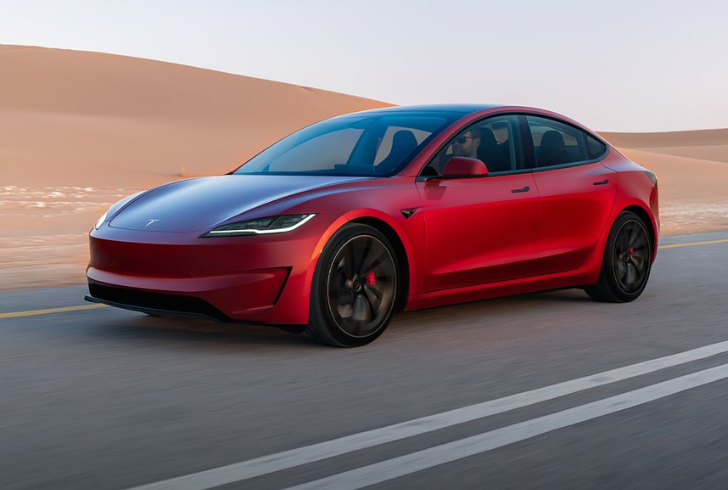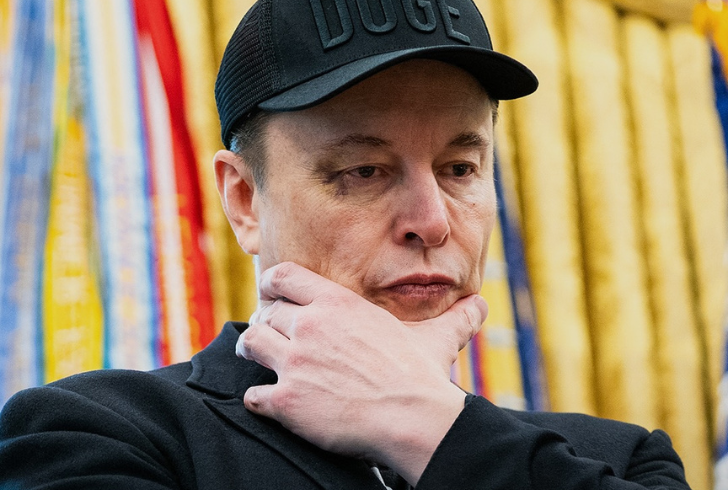For months, Donald Trump and Elon Musk looked like political powerhouses marching in sync. Their unusual partnership—rooted in money, mutual promotion, and political ambition—once appeared unshakable.
But the cracks have widened quickly, and what started as a high-profile alliance has taken a sharp turn toward fallout. Musk’s public slam of Trump’s latest spending bill marked a turning point, hinting that their high-stakes friendship may have run its course.
Here's what really drove the split between the former president and the tech mogul.
EV Tax Credit Elimination
One of the biggest triggers for the falling out was tied directly to Tesla’s core business—electric vehicles.
Trump’s flagship legislation gutted the $7,500 federal tax credit that had long benefited EV buyers. Musk had pushed hard behind the scenes to keep the credit alive, lobbying extensively and even working his network within the administration. Tesla reportedly poured $240,000 into lobbying efforts aimed at preserving the credit as late as April.

Instagram | teslamotorsmys | The core of Tesla's EV business directly fueled the disagreement between Trump and Elon Musk.
Despite the effort, the bill passed without it. Musk, visibly frustrated, saw the removal as a direct hit not just to Tesla, but to the broader EV market. Trump, on the other hand, downplayed its significance, even staging a flashy Tesla Cybertruck sale event on the White House lawn to signal ongoing support. It didn’t fix the damage.
Musk Wanted More Than 130 Days
Musk didn’t leave his advisory role on friendly terms. Appointed to head the Department of Government Efficiency, his mandate was to slash waste and cut federal staffing. Over four months, tens of thousands of government employees were dismissed.
Behind closed doors, Musk reportedly clashed with Trump’s cabinet. Despite this, he wanted to stay on past the legal 130-day cap for special government employees. The White House refused to extend his term.
Though public statements claimed the departure was amicable, sources say Musk felt slighted and dismissed. That sense of being pushed out only deepened the rift.
Starlink Clash With the FAA
Another breaking point involved Musk’s push to get the FAA to adopt his Starlink satellite network for national air traffic control. The request was ambitious and controversial.
Multiple government officials flagged conflicts of interest. Beyond the political optics, experts questioned the reliability of satellite-based air traffic systems.
The idea didn’t gain traction, and the rejection added fuel to Musk’s growing frustration. It wasn’t the first time Starlink raised red flags. A separate incident saw dozens of Democrats warning the Pentagon about SpaceX’s involvement in Trump’s anti-missile defense project, Golden Dome. Musk’s increasing reach into military and defense efforts only drew more scrutiny.
NASA Nomination Fallout
Trump's sudden decision to withdraw Jared Isaacman’s nomination as NASA Administrator was reportedly the final straw. Isaacman, a known Musk ally and key figure in the commercial space sector, was pulled without warning.
Insiders pointed fingers at Sergio Gor, Trump’s personnel director, with speculation swirling that the move was a targeted jab at Musk on his way out. Some Republicans argued the reversal was linked to Isaacman’s history of donating to Democrats, but that explanation didn’t sit well with Musk.
The timing, just days after Musk’s departure, made the decision feel personal. A White House official later commented that Musk saw the NASA situation as a parting insult—one he wouldn’t forget.
Tensions Under the Surface

Instagram | @complex | Despite public claims of friendship, behind-the-scenes animosity and various clashes led to Musk's exit.
While public statements from both camps suggest there’s still some level of friendship, the reality behind the scenes points to growing animosity. Musk’s exit wasn’t just about policy differences—it came loaded with personal disappointment, professional clashes, and mounting political consequences.
Tesla’s financial hit following the endorsement, reportedly a 71% drop in quarterly profits, only adds to the picture. Musk took a big risk aligning himself with Trump, and that decision is now being re-evaluated across Musk’s camp.
Where Do Things Stand?
The collapse of the Trump–Musk alliance isn’t just a celebrity spat—it’s a glimpse into how political partnerships can unravel when personal ambition meets policy differences. Musk’s economic interests, especially around EV and aerospace technologies, no longer align with Trump’s evolving agenda.
Their so-called “bromance” has turned into an uneasy standoff. For Musk, the price of this political friendship appears to have outweighed the advantages, leaving both parties to reconsider their next moves carefully.
